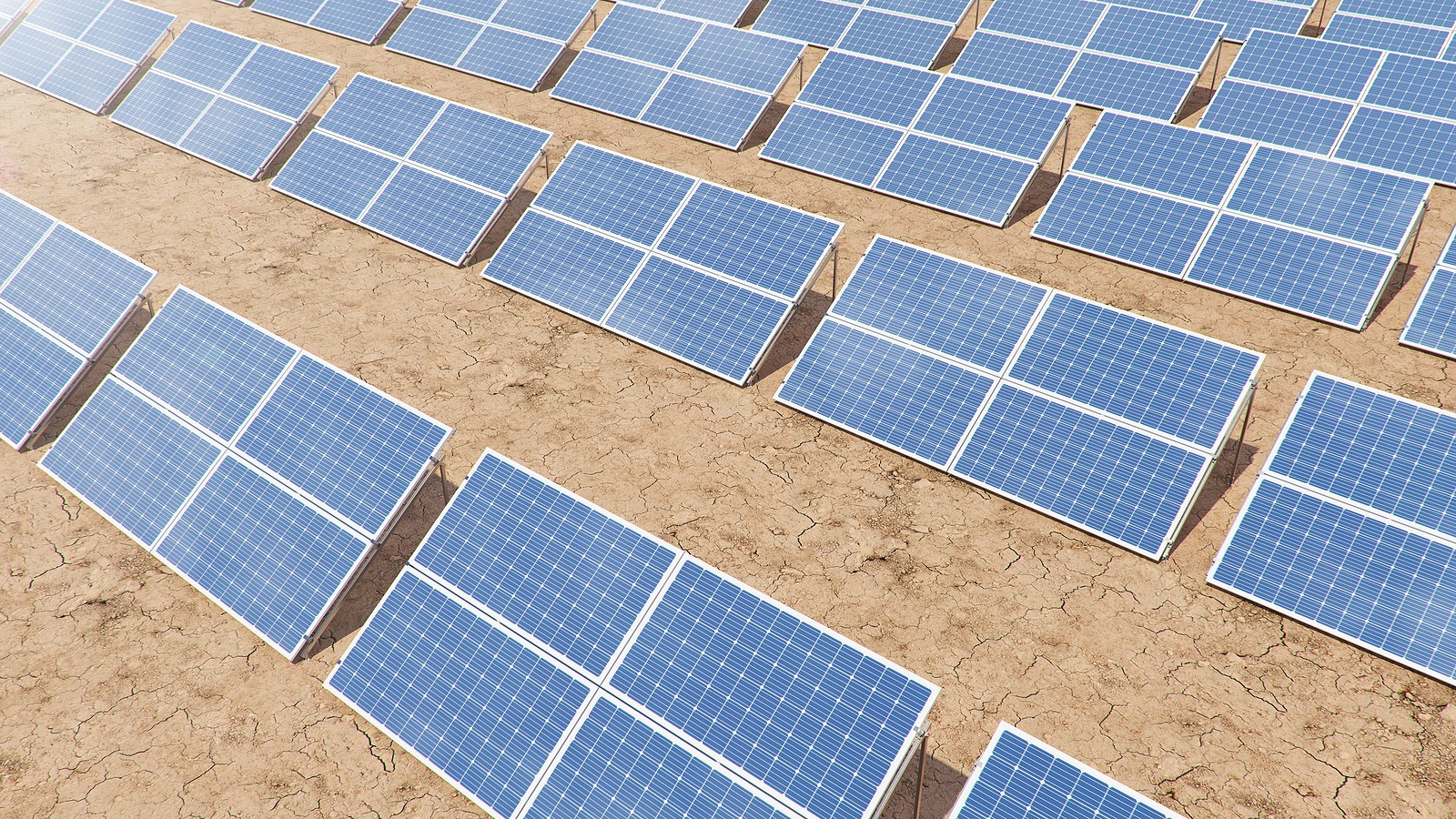
One of the questions our commercial solar company frequently receives is about the reliability of solar energy, especially since it seems to vary based on factors like the weather or time of year. It’s not always obvious how solar power is managed as it is used as electricity, and there is even some significant misinformation about solar energy reliability from biased parties outside of the industry. Let’s clear things up with several important facts you should know about relying on commercial and industrial solar in California.
Solar Panel Operation
People often think of solar energy as variable because production is variable. The amount of sunlight can shift, changing how much energy can be converted. But that is only the first step in a careful process that regulates and distributes the created electricity to make it as reliable as possible.
After electricity is produced, it is passed to an inverter and series of capacitors that changes it to AC current that can be safely passed on to power everyday equipment, lights, and much more. If your specific site doesn’t need the created electricity at this time, it is passed on to the electric grid, where it can offset the need for electricity created by fuels. No solar energy is wasted, even if production is variable, and no equipment is ever in danger because of variable production levels.
Panel Failure Rates are Very Low
Solar panels don’t have a lot of moving parts and are designed to stay reliable in all types of weather. That leads to a very low failure rate, around 0.05% according to a study measuring data through 2015, and newer solar panels are even more effective. That means out of thousands and thousands of solar panels, only a couple fail each year, and maintenance visits along with monitoring technology can quickly catch when that happens.
This is also why you’ll find that panel manufacturers can offer excellent warranties, like power output warranties that can last for 25 years or longer. Solar panels are just that durable.
Solar Storage Allows Use in Off Hours
A peak operation times, commercial solar installations can produce more energy than connected buildings and operations need. That power can still be used on site, however: Solar battery storage can connect to an installation and preserve energy in an array of large batteries, which can then be used to power buildings or equipment during off-hours, like periods of cloudy weather or at night. Solar storage is an excellent solution for making sure a specific location has reliable access to renewable energy even when solar panels are not actively working.
Reducing Reliance on Outside Grids
Traditionally, commercial solar energy solutions in California have been intrinsically linked to their surrounding electrical grids. This has created a problem: When regional grids shut down due to emergencies or natural disasters, the solar installations cannot operate either. However, this reliability issue is being increasingly addressed with microgrids, solar panel installations designed to power a nearby area with safeguards that allow them to continue operating even if the larger grid fails.
Interested in digging into the details of how reliable solar panels can be in your situation? Reach out to us at Coldwell Solar and we can arrange a consultation. Our years of experience as a solar energy company in California allow us to provide accurate information about what to expect from a solar installation in your unique situation! From rooftop installations to agricultural solar energy systems, we can help with any commercial project you have in mind.

